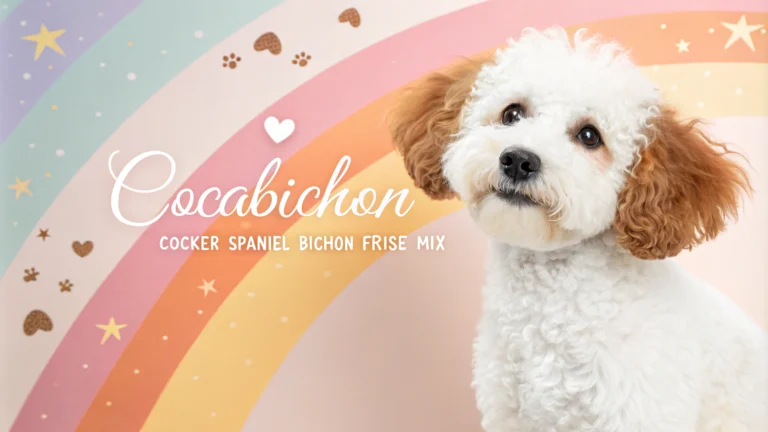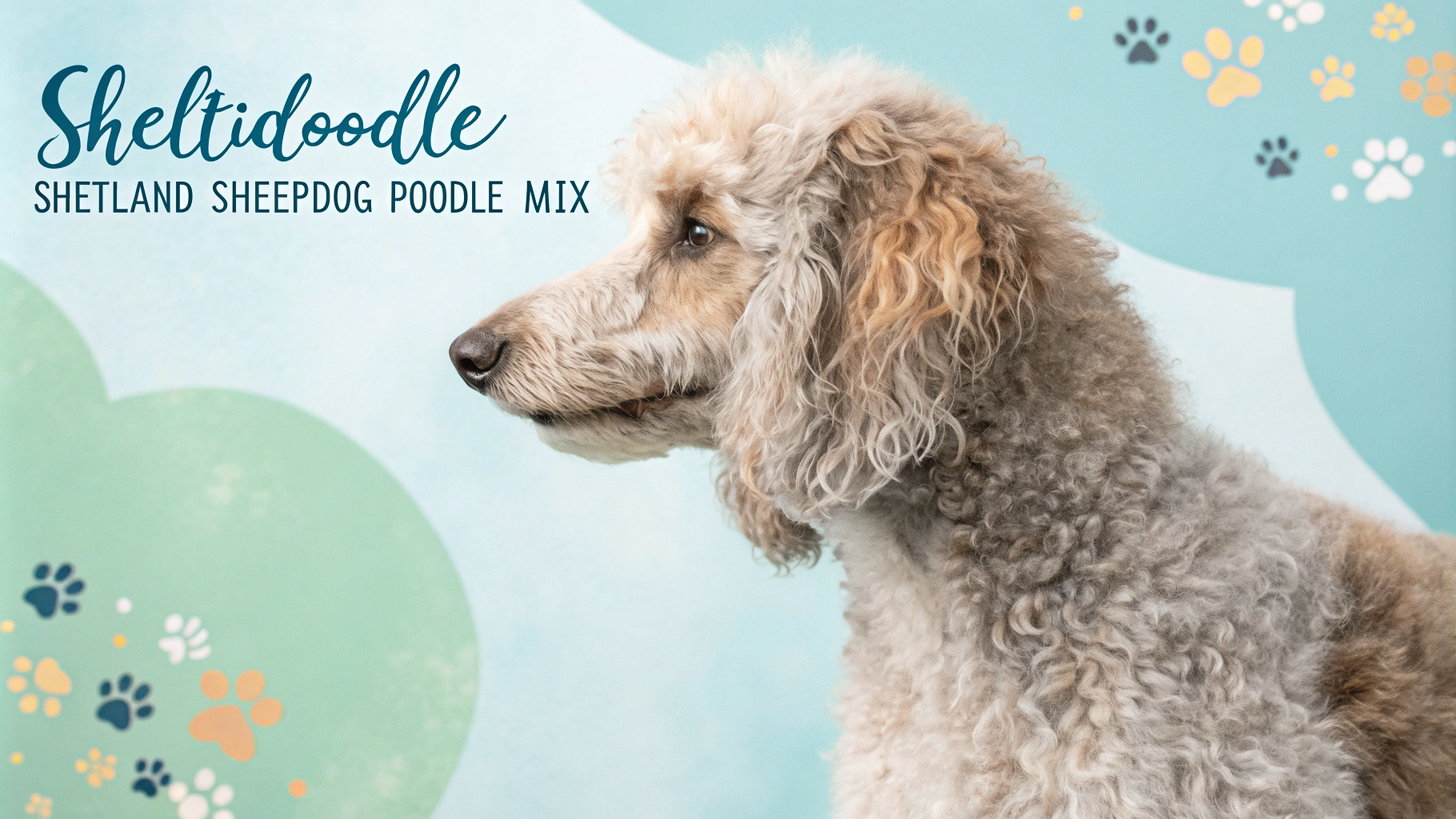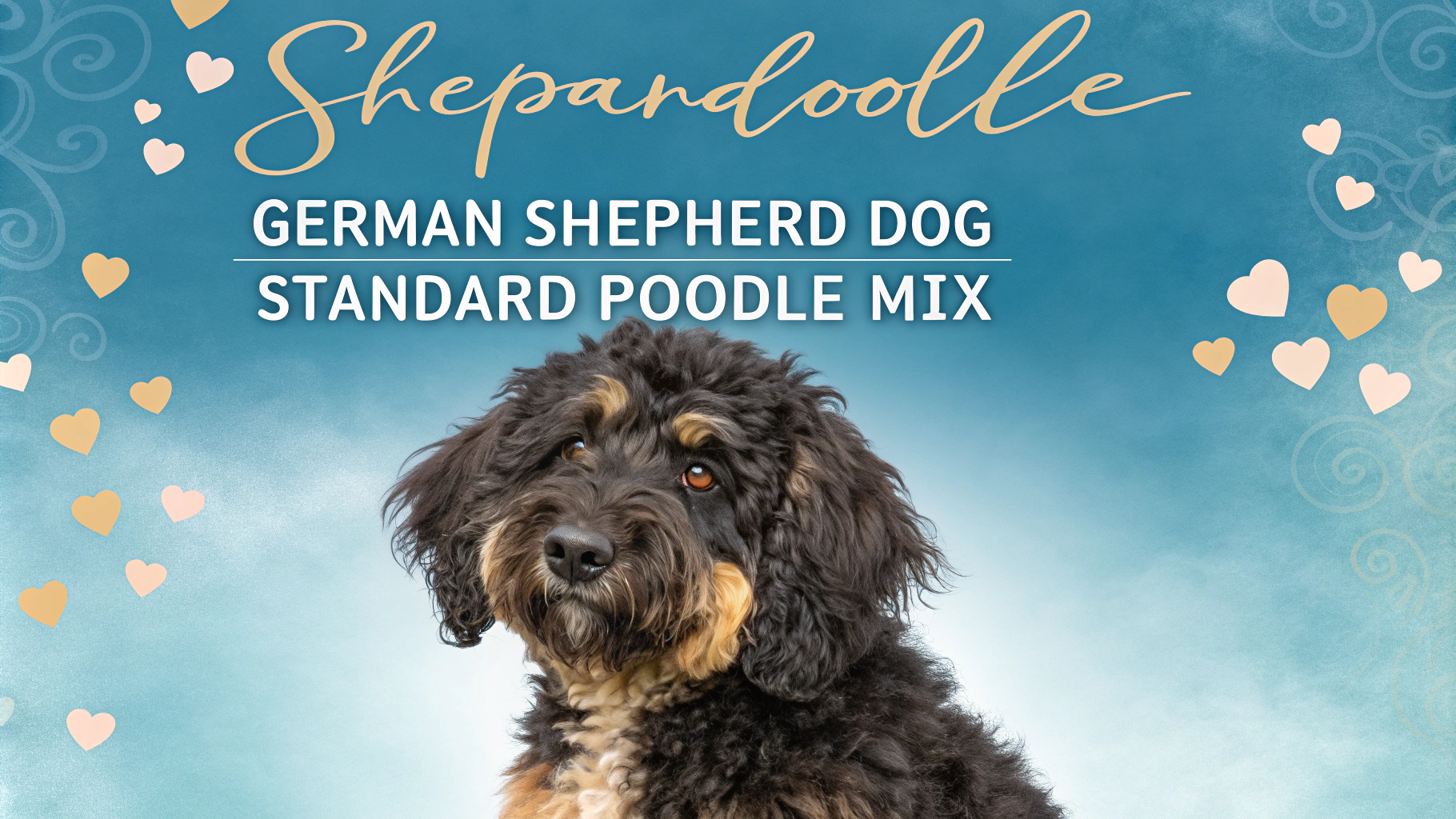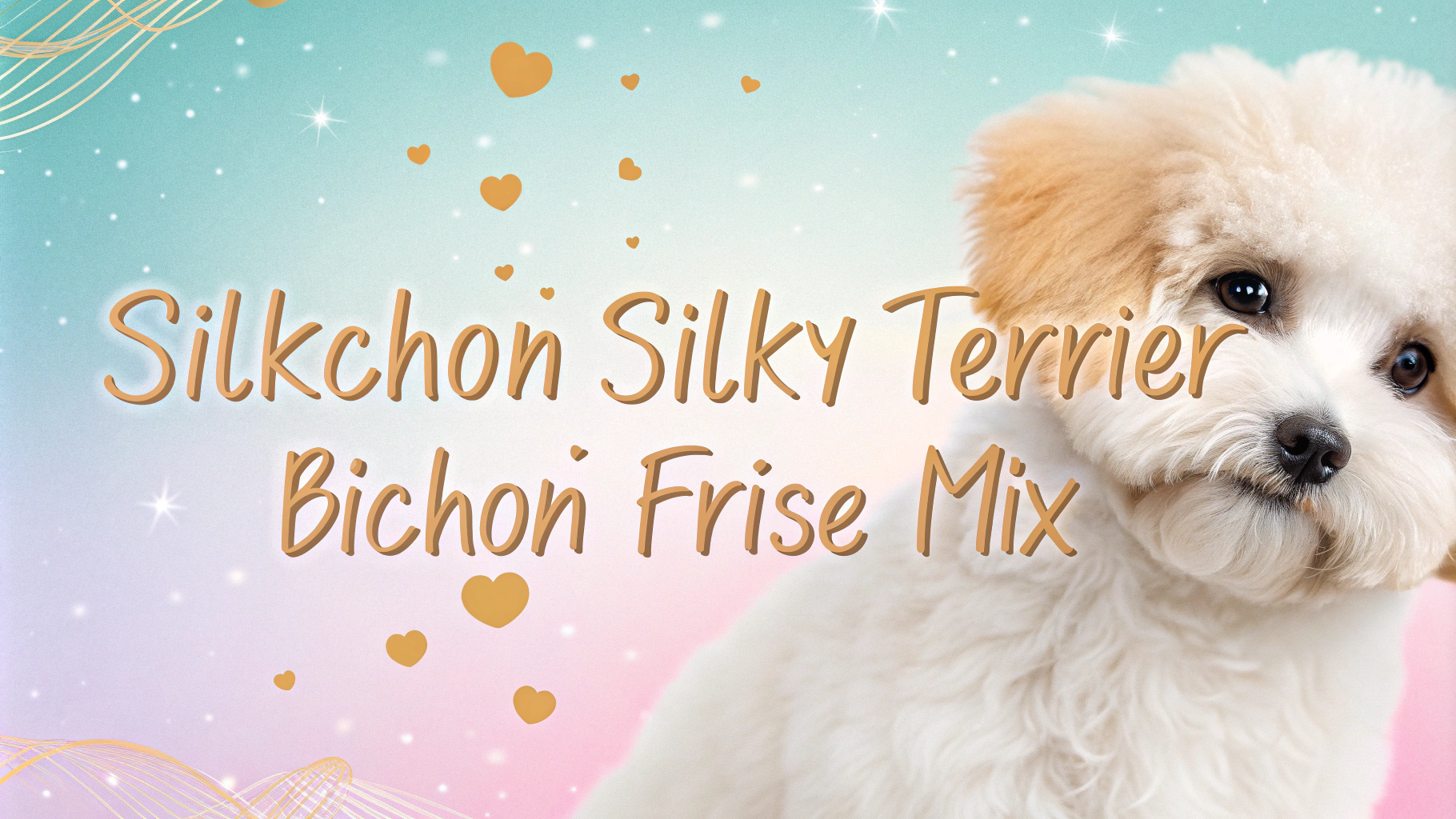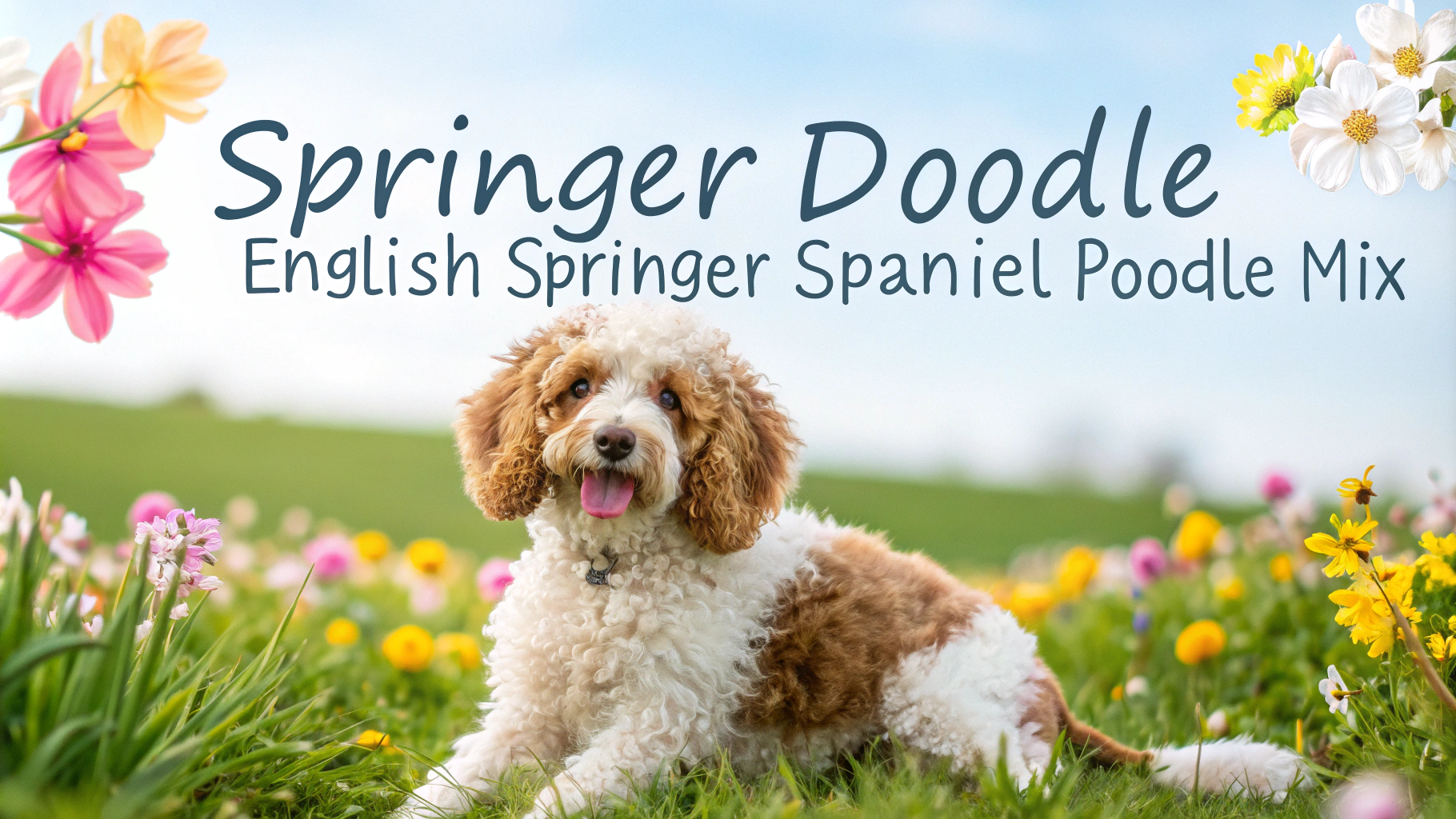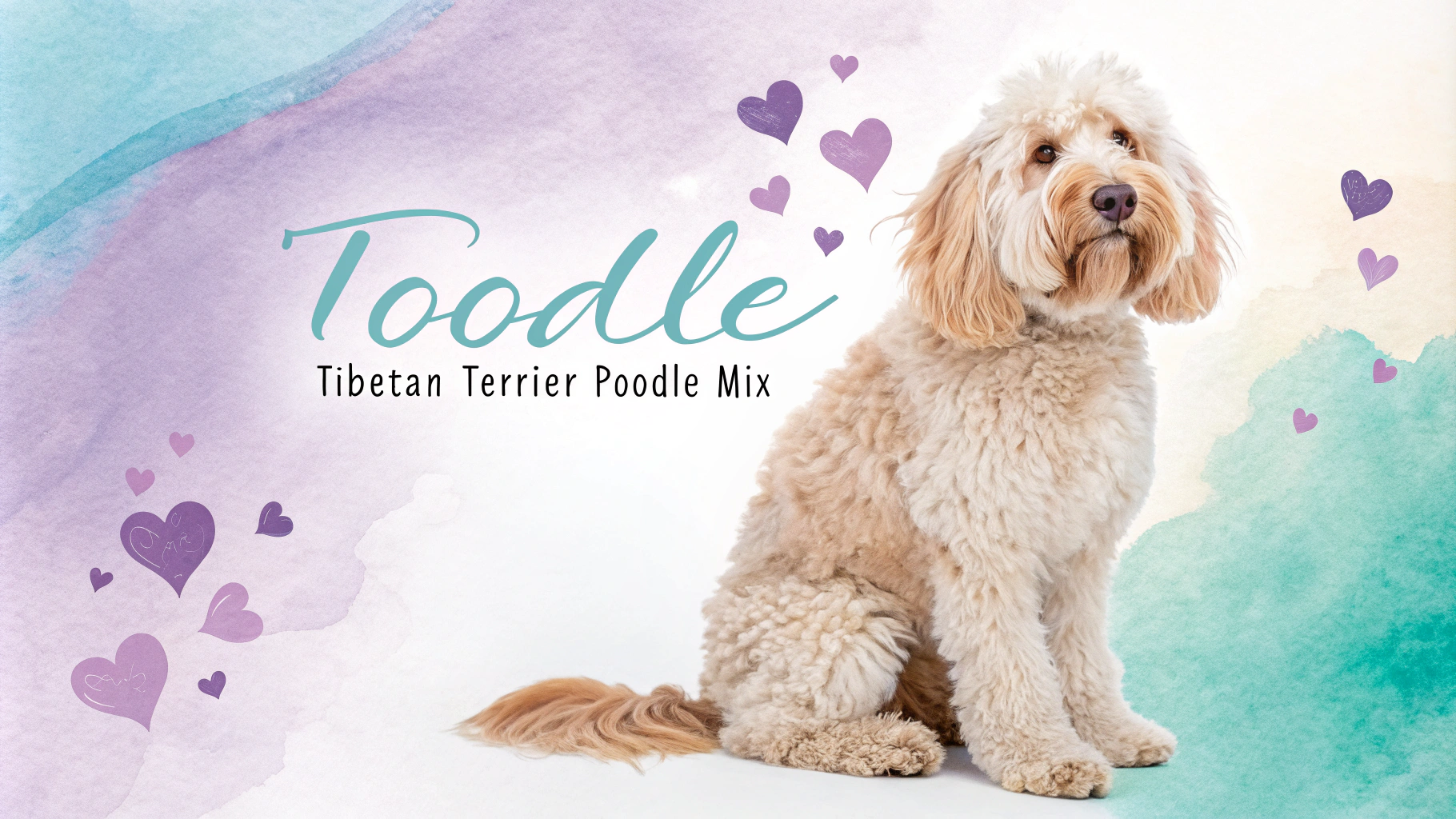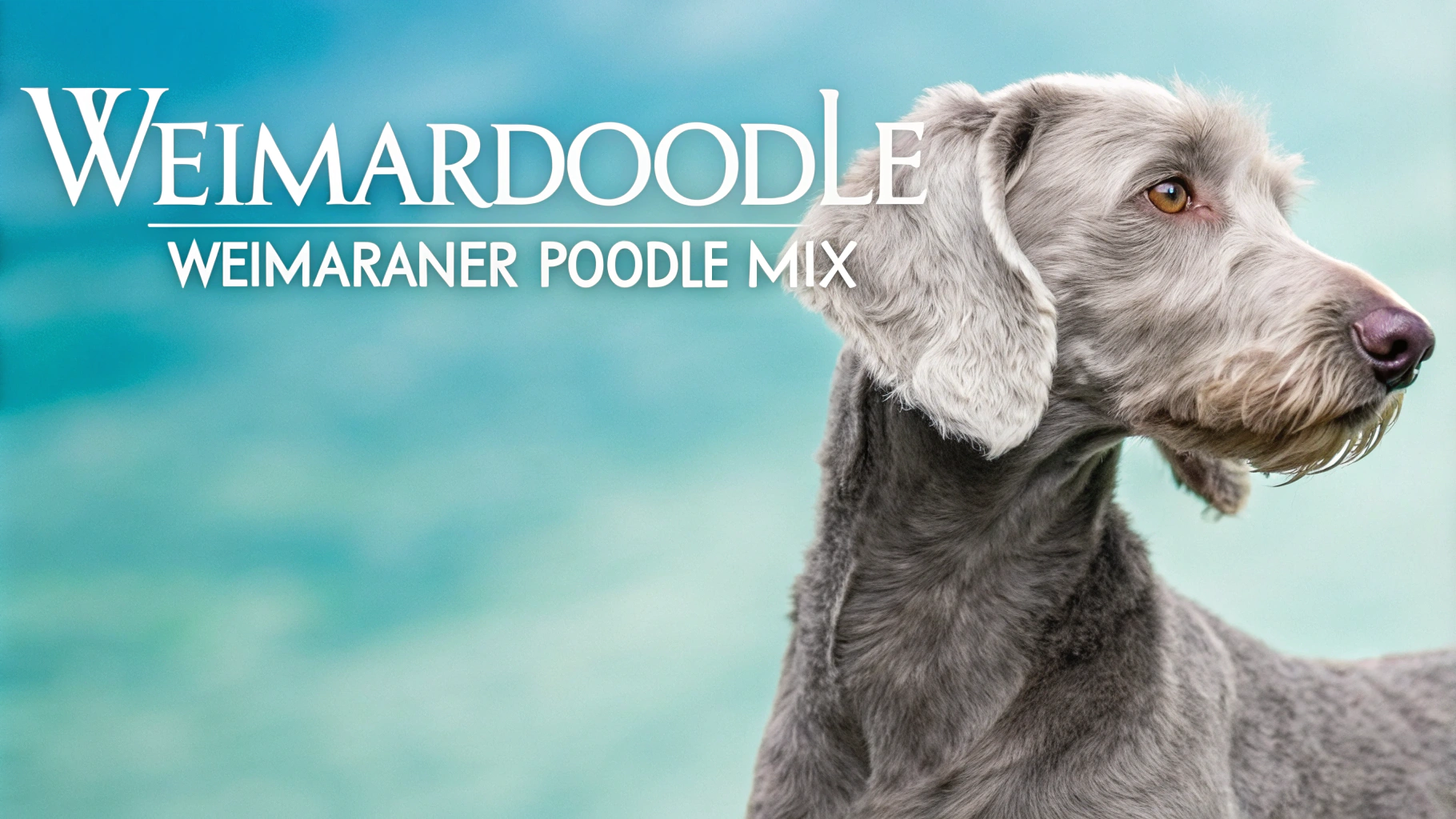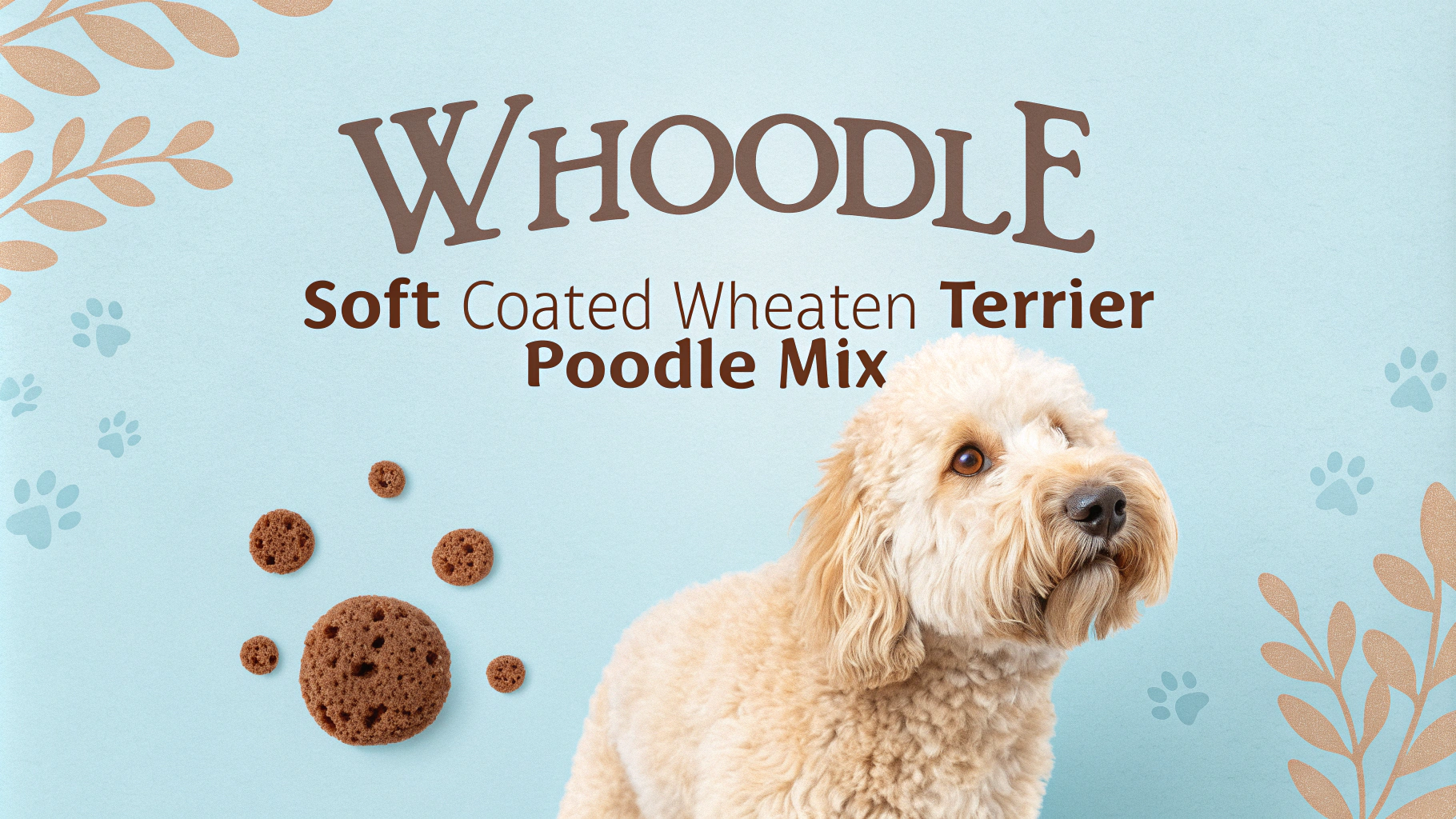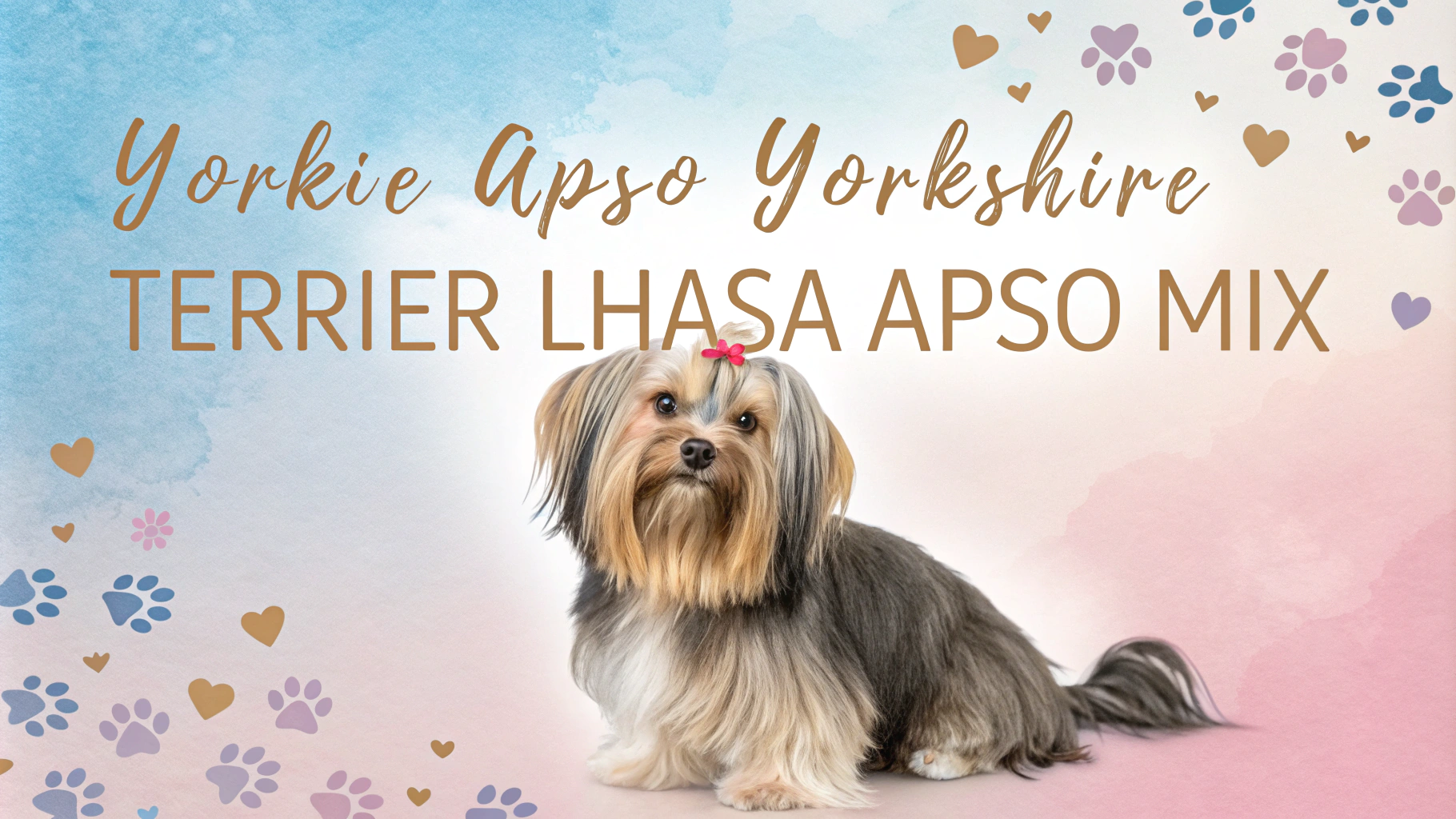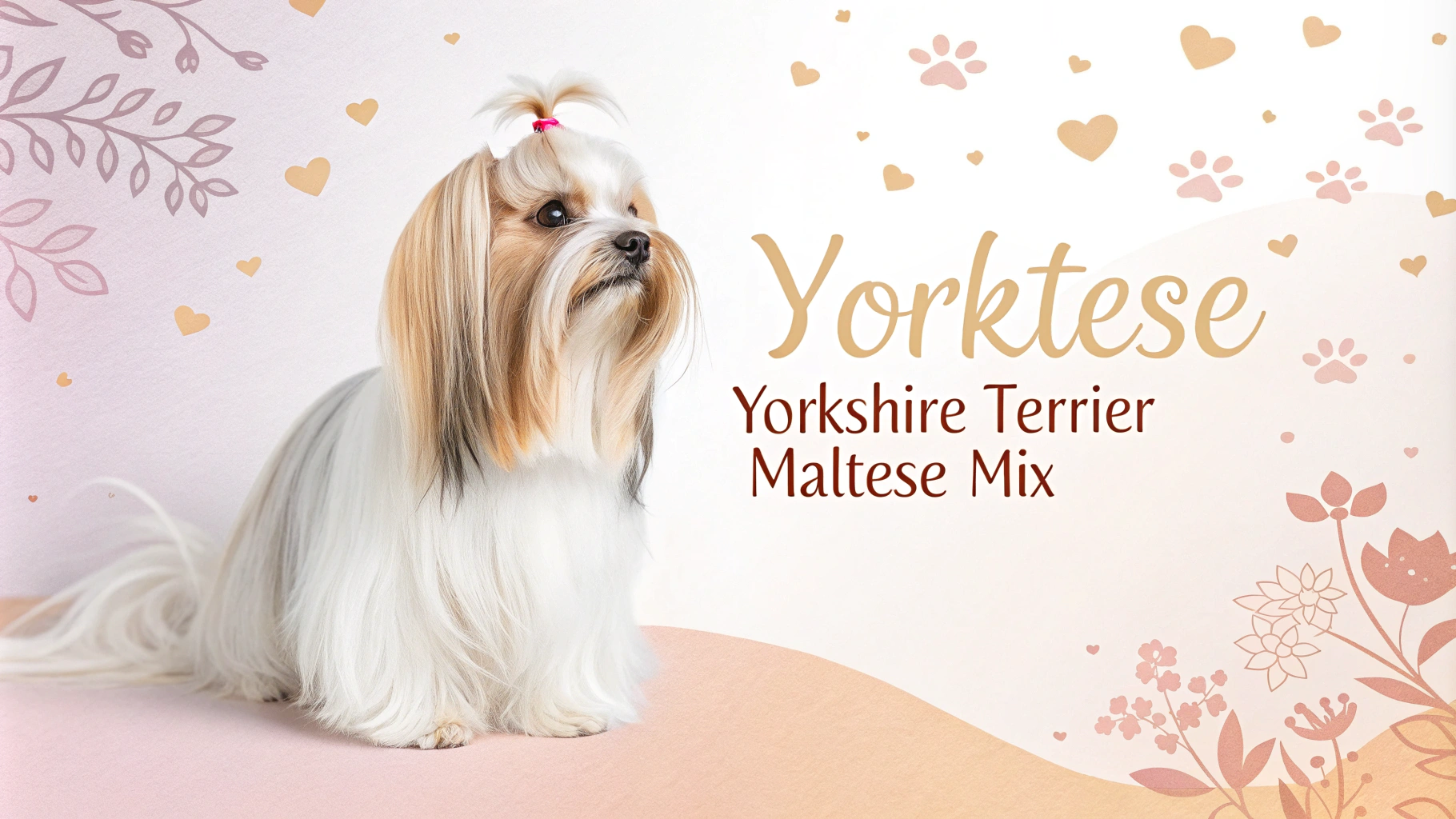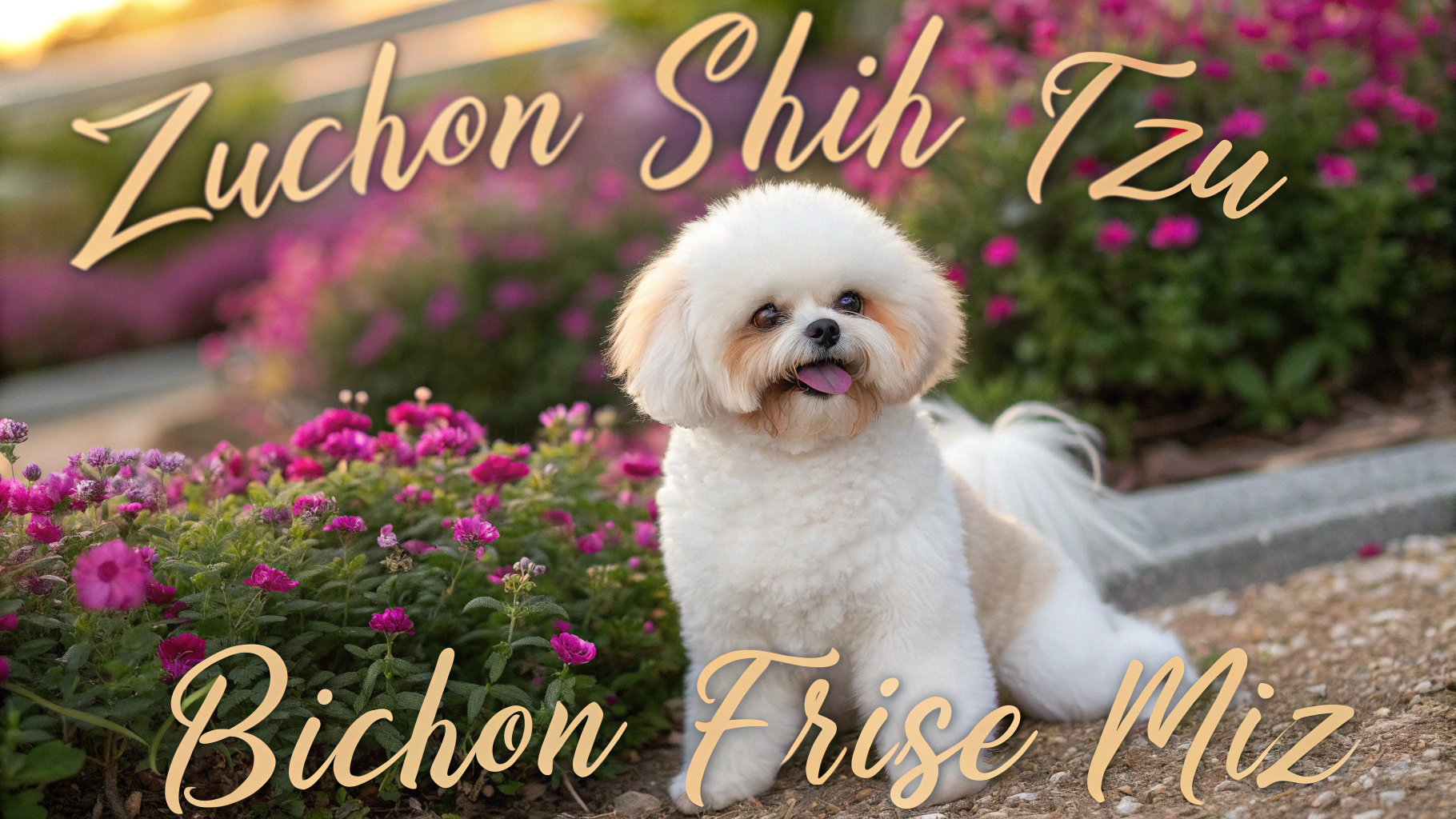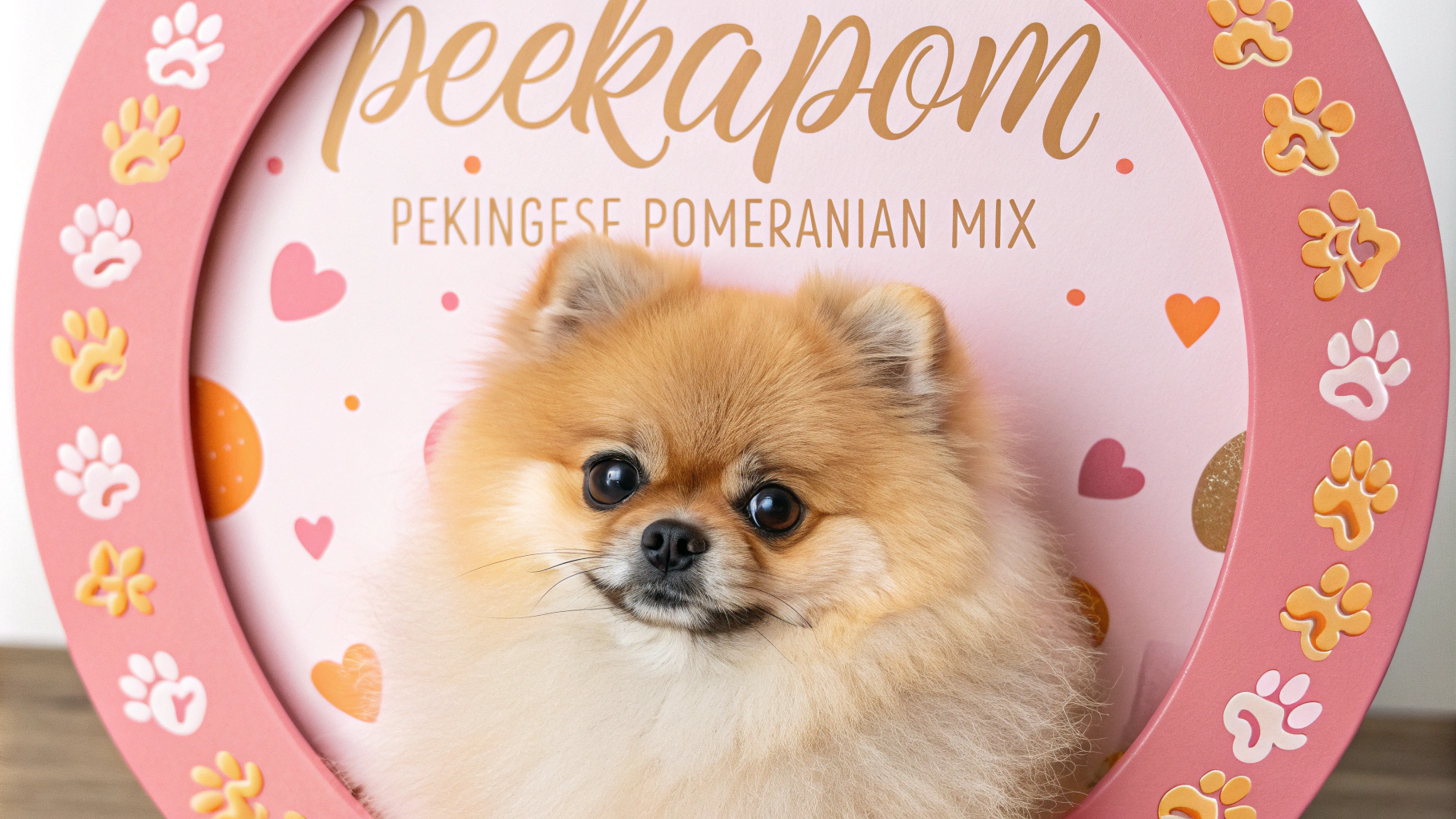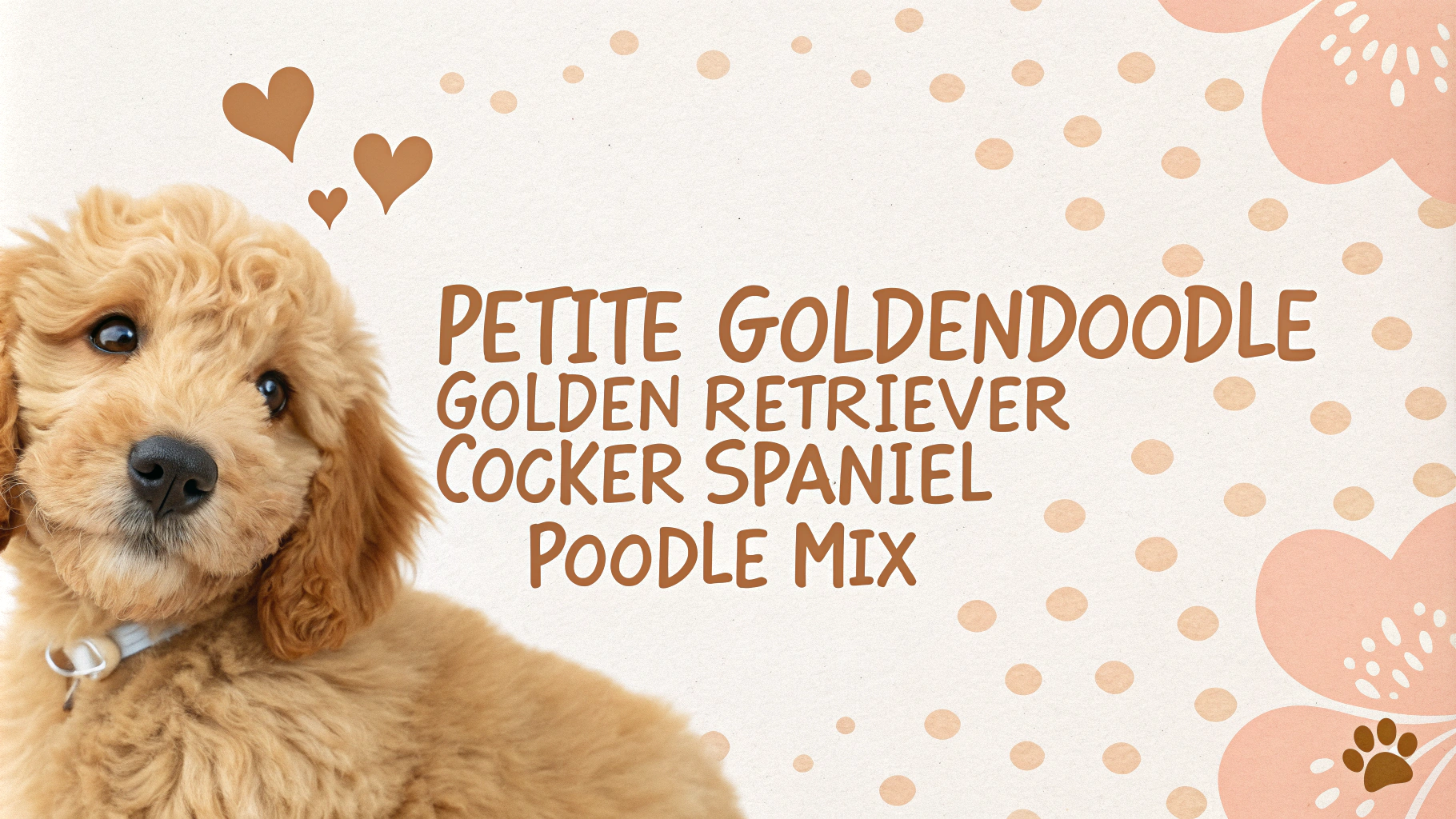The Cocabichon is a delightful mixed breed dog that combines the Cocker Spaniel and Bichon Frise. This charming hybrid inherits traits from both parent breeds, resulting in a friendly, affectionate, and intelligent companion. Cocabichons are known for their gentle nature and adaptability, making them suitable for various living situations and family types. These dogs typically have a fluffy coat that can range in color, often reflecting the diverse heritage of their parent breeds.
Key Facts
- Size: Small to medium (10-20 pounds, 11-15 inches tall)
- Lifespan: 12-15 years
- Coat: Medium to long, soft and fluffy
- Temperament: Friendly, affectionate, intelligent
- Exercise needs: Moderate
- Grooming: High maintenance, regular brushing required
- Good with children: Yes, generally good with supervised interactions
- Good with other pets: Yes, typically sociable
Character Traits
Cocabichons are known for their friendly and affectionate nature, inheriting the best personality traits from both parent breeds. They are typically gentle, playful, and loving, making them excellent family companions. These dogs are often intelligent and eager to please, which can make them relatively easy to train. Cocabichons tend to be social and enjoy the company of their human family members, often forming strong bonds. They can be good with children and other pets when properly socialized. Like their Cocker Spaniel parents, they may have a tendency to be somewhat sensitive, so positive reinforcement training methods work best. Their Bichon Frise heritage often contributes to their cheerful and sometimes mischievous personality.
History & Origins
The Cocabichon is a relatively new mixed breed, part of the growing trend of designer dogs that began in the late 20th century. While the exact origins of the Cocabichon are not well-documented, we can look to the histories of its parent breeds for insight. The Cocker Spaniel, originally bred as a hunting dog in England, has a history dating back to the 14th century. The Bichon Frise, on the other hand, is believed to have originated in the Mediterranean and has been a popular companion dog since the Renaissance. The intentional crossing of these two breeds likely began in the late 1990s or early 2000s, with breeders aiming to combine the friendly nature of the Cocker Spaniel with the hypoallergenic coat of the Bichon Frise. As with many designer breeds, the goal was to create a dog with the best traits of both parent breeds, resulting in the lovable Cocabichon we know today.
Health Concerns
The Cocabichon, being a mixed breed, can inherit health issues from both parent breeds. Common concerns include:
- Eye problems: Cataracts, glaucoma, and progressive retinal atrophy
- Ear infections: Due to floppy ears from the Cocker Spaniel side
- Patellar luxation: A common issue in small breeds
- Allergies: Both skin and food allergies can occur
- Hip dysplasia: Though less common in small dogs, it can still be present
Regular veterinary check-ups, proper grooming, and a healthy lifestyle can help mitigate these potential health issues. It’s important to obtain a Cocabichon from a reputable breeder who conducts health screenings on their breeding dogs.
Exercise Needs
Cocabichons have moderate exercise needs, combining the energetic nature of the Cocker Spaniel with the playful disposition of the Bichon Frise. They typically require:
- 30-60 minutes of daily exercise
- A mix of walks, playtime, and mental stimulation
- Interactive games like fetch or agility exercises
These dogs enjoy both indoor and outdoor activities. Regular exercise helps maintain their physical health, prevents obesity, and keeps them mentally stimulated. However, it’s important not to over-exercise them, especially in hot weather, as they can be sensitive to heat due to their coat.
Space Requirements
Cocabichons are adaptable dogs that can thrive in various living situations, including:
- Apartments
- Small houses
- Larger homes with yards
While they don’t require a large amount of space, they do benefit from having room to play and explore. A small to medium-sized yard is ideal but not necessary if regular outdoor exercise is provided. These dogs are well-suited for urban living as long as their exercise needs are met. It’s important to note that they should primarily be indoor dogs, as they thrive on human companionship and can be sensitive to extreme temperatures.
Nutrition & Feeding
Proper nutrition is crucial for maintaining the health and well-being of a Cocabichon. Consider the following guidelines:
- High-quality dog food: Choose a brand formulated for small to medium-sized breeds with moderate activity levels
- Portion control: Follow feeding guidelines based on age, weight, and activity level to prevent obesity
- Meal frequency: 2-3 small meals per day for adults, more frequent meals for puppies
- Fresh water: Always provide access to clean, fresh water
Some Cocabichons may have food allergies or sensitivities, so it’s important to monitor their reaction to different foods. Consult with a veterinarian to develop a tailored nutrition plan, especially if your dog has specific health concerns or dietary needs. Avoid overfeeding and limit treats to maintain a healthy weight.
Grooming Tips
The Cocabichon, being a mix of the Cocker Spaniel and Bichon Frise, typically has a coat that requires regular grooming. Their fur is usually medium to long in length and can be wavy or curly. Daily brushing is recommended to prevent matting and tangling, especially in areas prone to knots like behind the ears and under the legs. Professional grooming every 6-8 weeks can help maintain the coat’s health and appearance.
Regular bathing is necessary, but not too frequently to avoid stripping natural oils from the skin. Pay special attention to:
- Cleaning and checking the ears regularly to prevent infections
- Trimming nails every 2-3 weeks or as needed
- Brushing teeth several times a week to maintain dental health
The Cocabichon may inherit the Cocker Spaniel’s tendency for ear infections, so keeping the ears clean and dry is crucial. Consider using a dog-safe ear cleaner recommended by your veterinarian. During shedding seasons, which may be minimal due to the Bichon Frise influence, more frequent brushing may be necessary to manage loose fur.
Training Approach
Cocabichons are generally intelligent and eager to please, traits inherited from both parent breeds. They respond well to positive reinforcement techniques such as treats, praise, and play. Consistency and patience are key in training this mixed breed. Early socialization is crucial to help them develop into well-rounded adults.
These dogs can be sensitive, so harsh corrections or punishment should be avoided. Instead, focus on:
- Short, fun training sessions to maintain interest
- Using a variety of rewards to keep motivation high
- Incorporating training into daily activities and playtime
Cocabichons may inherit the Cocker Spaniel’s stubbornness or the Bichon Frise’s independent streak, so patience and persistence are important. They excel in obedience training and often enjoy learning tricks. Agility or nose work can be excellent activities to challenge their minds and bodies. Potty training should start early and be consistent, as small breeds can sometimes be more challenging to house train.
